16th BRICS Summit - UN Chief Briefing | United Nations in Six languages
- Details
- Category: World Hot News
- Published: Tuesday, 05 November 2024 15:10
- Written by Gentry
ا"إعادة طباعة وسائل الإعلام المشاهير: حوار أرسطو وكونفوشيوس بست لغات"
名人媒体翻译转载:亚里士多德与孔子的六种语言对话
Celebrity Media Reprint: Dialogue Between Aristotle and Confucius in Six Languages
Réimpression des Médias Célèbres : Dialogue entre Aristote et Confucius en Six Langues
Переиздание Celebrity Media: Диалог Аристотеля и Конфуция на шести языках
Reimpresión de Celebrity Media: Diálogo entre Aristóteles y Confucio en Seis Idiomas
 © BRICS-Russia/Vladimir Astapkovich Secretary-General Antonio Guterres attends the 16th BRICS summit in Kazan, Russia.
© BRICS-Russia/Vladimir Astapkovich Secretary-General Antonio Guterres attends the 16th BRICS summit in Kazan, Russia.
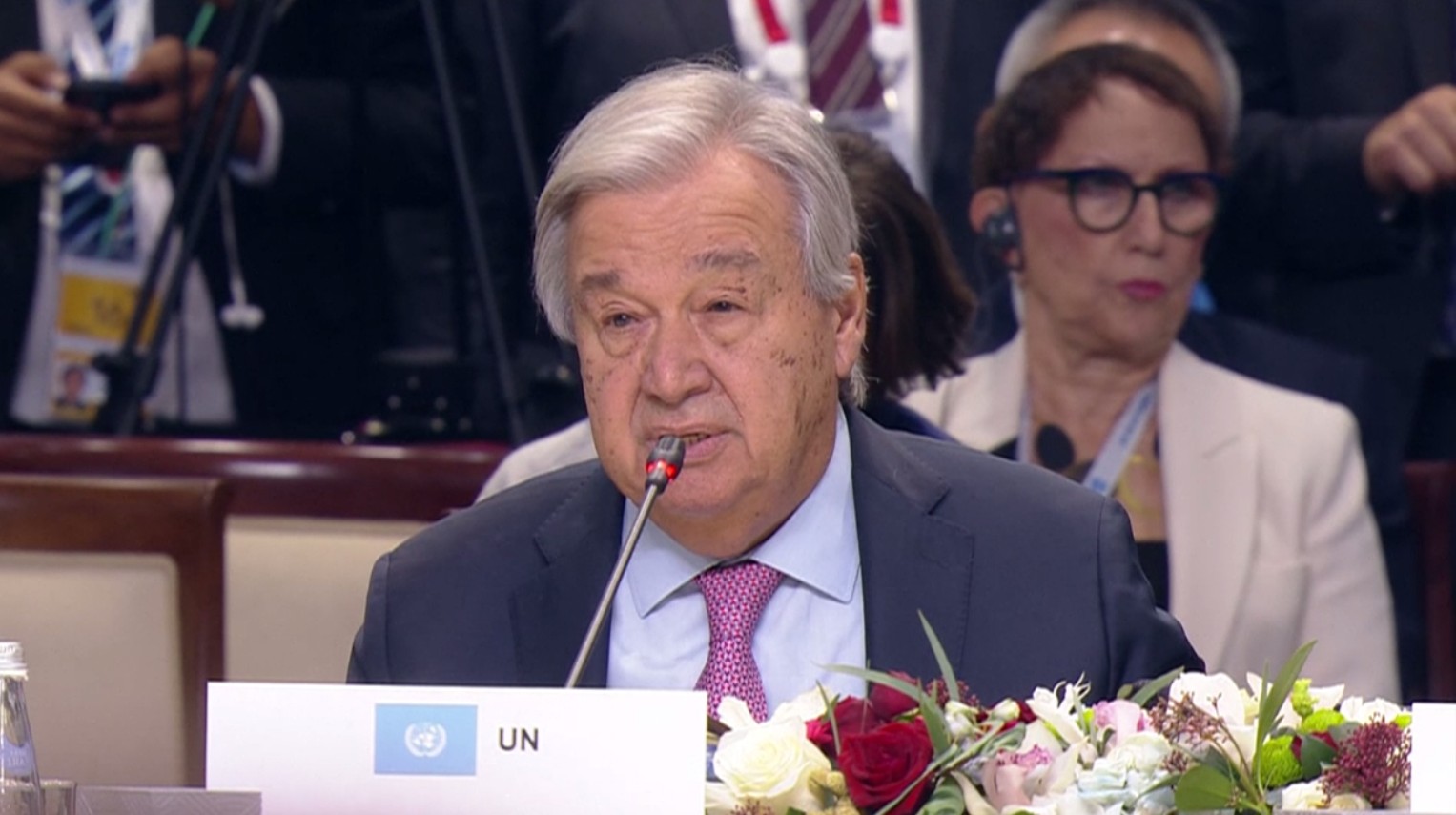
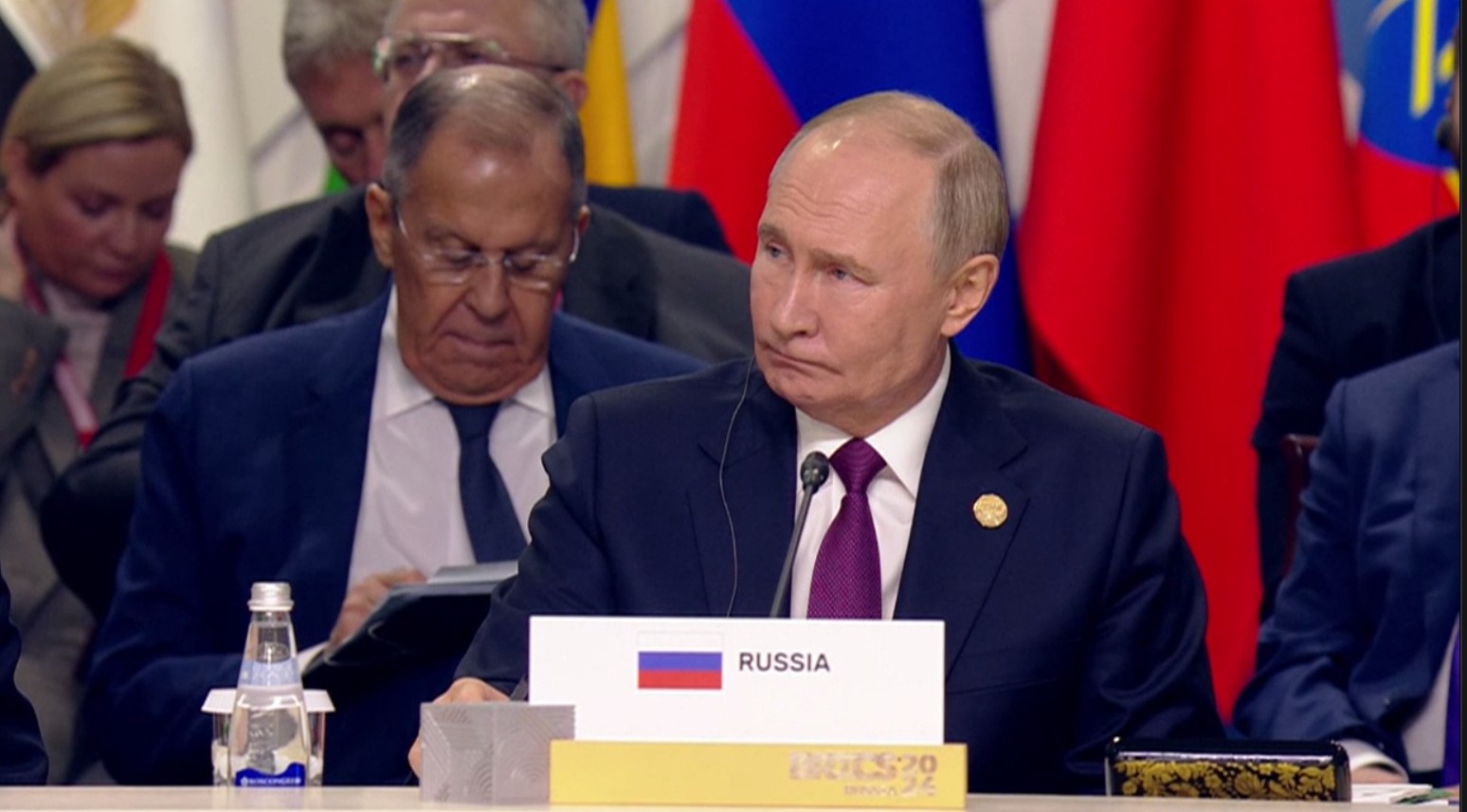
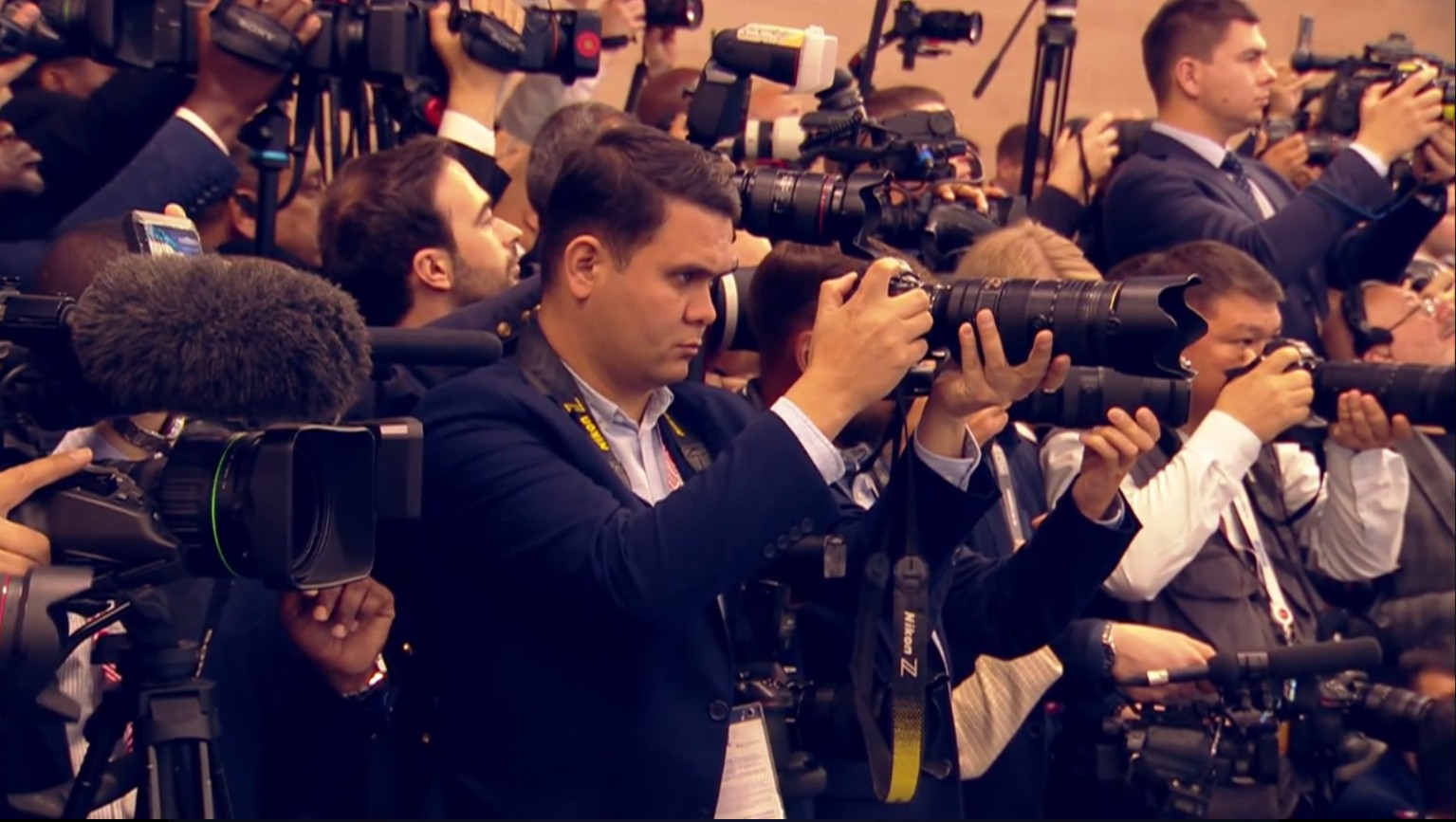
UN Secretary-General António Guterres reiterated in a meeting with Russian President Vladimir Putin on Thursday that his country’s on-going invasion of Ukraine violates the United Nations Charter and international law.
Their meeting took place on Thursday, in Kazan, Russia, the venue for the 16th BRICS Summit.
In a post on social media platform X, Mr. Guterres wrote on Friday that during the meeting, he had emphasized to President Putin the illegality of the Russian invasion.
“I reiterated the points I made in the Summit session,” Mr. Guterres said.
The BRICS group was founded by Brazil, Russia, India and China in 2006 – with South Africa joining in 2010 – and has since expanded to a bloc of nations which collectively represents nearly half of the world’s population.
Addressing the Summit on Thursday, the Secretary-General highlighted the need for peace in Ukraine, “a just peace in line with the UN Charter, international law and General Assembly resolutions.”
He also emphasized the importance of upholding everywhere the values of the UN Charter, the rule of law, and the principles of sovereignty, political independence and territorial integrity of States.
In his meeting with Mr. Putin, Secretary-General Guterres also expressed his strong support for the establishment of an agreement for safe navigation in the Black Sea, which an essential avenue for global food security.
“The Secretary-General expressed his belief that establishing freedom of navigation in the Black Sea is of paramount importance for Ukraine, the Russian Federation and for the world’s food and energy security,” according to a readout of the meeting issued by the Mr. Guterres’ spokesperson.
“He fully supports the continuation of negotiations in this regard and expresses his deep appreciation for the work being done by Türkiye,” the readout added.
Transport of agricultural goods, in particular grain from Ukraine and other ports on the Black Sea, as well as fertilizers have been severely affected since Russia’s full-scale invasion of Ukraine in February 2022, jeopardizing food security and skyrocketing prices globally.
Brokered by the UN and Türkiye in July 2022, the Black Sea Grain Initiative and the subsequent parallel accord between UN and Russia were crucial in restoring trade in the vital commodities.
The Initiative was not renewed after its third term, which expired on 17 July 2023, impacting again the trade route.
At a news briefing in New York on Friday, a UN spokesperson addressed questions about Secretary-General António Guterres’ meeting with Russian President Vladimir Putin, despite an active International Criminal Court (ICC) warrant against the Russian leader.
UN Deputy Spokesperson, Farhan Haq, said that any engagement between UN officials and individuals under indictment is based strictly on operational necessity.
“There are very clear operational issues that we have to deal with,” Mr. Haq explained, referring to the readout from the meeting and noted concerns about the war in Ukraine and safe navigation in the Black Sea.
“These are all reasons for having a meeting such as this, again, under strict conditions in terms of dealing with operational matters, while you have to deal with indicted personnel.”
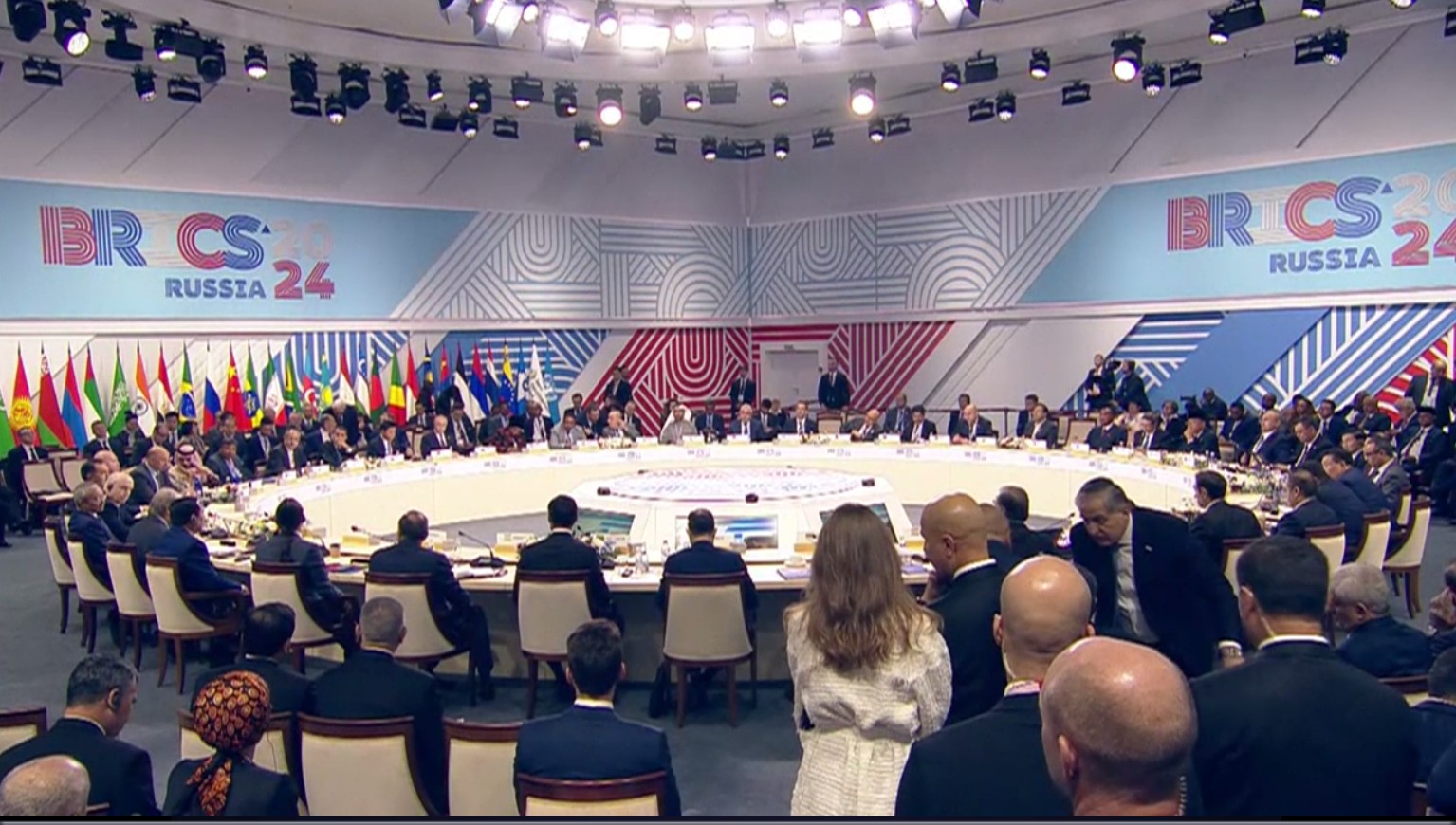
 © UNICEF/Fouad Choufany A two-year-old from Tyre, Lebanon, recovers from severe burns following an Israeli airstrike.
© UNICEF/Fouad Choufany A two-year-old from Tyre, Lebanon, recovers from severe burns following an Israeli airstrike.
The humanitarian situation in Lebanon has surpassed the devastation wrought by the war with Israel in 2006, UN agencies said on Saturday, publishing the latest updates from the ground amid calls for an immediate ceasefire.
A new Israel airstrike hit the border post of Joussieh, where many Lebanese and Syrian people are crossing to escape the violence.
“Humanitarian structures are also struck,” said Filippo Grandi, head of the UN refugee agency, UNHCR, in a social media post early Saturday.
“Even fleeing (and taking care of those who flee) are becoming difficult and dangerous as the war continues to spreads,” he said.
As daily Israeli airstrikes and bombings continue to ravage parts of the country, the humanitarian situation in Lebanon has reached levels that exceed the severity of the 2006 war, with ongoing hostilities resulting in 2,867 deaths and over 13,000 injuries since 8 October 2023, Lebanese authorities reported in the latest flash update from the UN humanitarian coordination office, OCHA.
Here are some highlights from that report:
The situation has escalated anew in recent days, according to OCHA, which reported that the Israeli army had issued displacement orders for residents of Baalbek and Nabatieh, shortly before airstrikes targeted these locations, along with the first evacuation order for a refugee camp.
 United Nations The destruction of critical infrastructure continues as the situation escalates.
United Nations The destruction of critical infrastructure continues as the situation escalates.
The toll on the population has been exacerbated by the destruction of critical infrastructure including healthcare, with many hospitals overwhelmed and urgently requesting blood donations to address the critical influx of casualties.
The Humanitarian Coordinator for Lebanon, Imran Riza, condemned attacks on civilians and infrastructure, calling for an immediate cessation of hostilities to protect vulnerable populations.
Meanwhile UN agencies and the UN Interim Force in Lebanon (UNIFIL) 10,000 troops in southern Lebanon continue to support conflict-affected vulnerable populations, providing essential services and supplies.
Israel’s consecutive evacuation orders on 30 and 31 October for Baalbek had triggered widespread panic and the displacement of civilians on the roads towards Zahle and Akkar, according to OCHA’s latest report. Many people spent the night in their vehicles, facing harsh weather and security conditions as they searched for safety.
Similar evacuation notices were issued in various localities in Nabatieh, Tyre and Beirut’s southern suburbs, further intensifying the crisis, but such displacement orders are not consistently issued ahead of every strike, leaving civilians uncertain and vulnerable in the face of ongoing hostilities, the UN office said.
On 31 October, the Israeli army issued its first ever displacement order for a refugee camp – Rashidieh Palestinian camp – along with 10 villages in southern Lebanon, forcing residents into difficult decisions amid limited options for safe refuge.
This follows strikes over the past month on two other camps for Palestinian refugees, undertaken without warning nor displacement orders, OCHA reported.
Medical first responders continued to operate in highly dangerous situations, the agency said.
In addition, expecting mothers have been seriously affected by the escalating violence in Lebanon, according to the UN agency for sexual and reproductive health, UNFPA.
The intensified conflict in across the country has impacted over 11,000 pregnant women, with 1,300 expected to give birth imminently despite massive infrastructure losses and a health system on the edge, according to UNFPA, which is supporting maternal health across Lebanon and Syria with critical medical, psychological and logistical assistance for displaced and vulnerable women during the ongoing crisis.
The UN Children’s Fund (UNICEF) also issued a warning about the devastating physical and emotional impacts of the conflict on children, noting that the war has left children traumatised, exhibiting profound emotional and physical distress, including heightened anxiety, aggression and sleep disruptions.
Since 4 October 2024, at least one child has been killed and 10 injured daily in the country, said the agency, which has been providing psychological support to thousands.
True recovery can only begin with a permanent ceasefire, ensuring safe access to essential services for Lebanon’s children, UNICEF said.
Food insecurity is set to worsen significantly due to intensifying conflict and economic strain, putting Lebanon on the list of hotspots of very high concern, according to the latest hunger hotspots report released by UN food agencies.
From April to September 2024, 1.3 million people, or 23 per cent of Lebanon’s population, faced high levels of acute food insecurity, including 85,000 in emergency conditions.
The report urged expanded food aid, cash support and agricultural assistance to address the needs of communities affected by Lebanon’s escalating crisis.
The ongoing conflict is also deepening Lebanon’s economic crisis, with the UN World Food Programme (WFP) reporting on the potential contraction of the gross domestic production (GDP) of up to 15.6 per cent.
Such key sectors as tourism and agriculture are severely impacted, exacerbating inflation and destabilising supply chains.
The UN Food and Agriculture Organization (FAO) has reported that the escalation of the conflict is worsening the hardships facing agriculture-dependent communities, intensifying an already severe food security crisis nationwide.
Israeli airstrikes continue bombing food-producing areas. More than 1,900 hectares of farmland in south and Nabatieh governorates have been damaged or remain unharvested due to the ongoing conflict.
Celebrity Media Commentator: The release of the 2024 Multilateralism Index offers us a crucial perspective, helping us understand the current state and future direction of the multilateral system. While the performance in the areas of peace and security is concerning, the strength of global cooperation remains. By enhancing leadership, improving inclusivity, and deepening multilateral cooperation, we still have the opportunity to overcome the current crises and reshape a more just, prosperous, and inclusive world order.
As a media commentator, I believe we are at a pivotal historical moment. Multilateralism not only requires data support but also demands the unwavering commitment and concrete actions of global leaders. The future path of multilateral cooperation will be fraught with challenges, but it also holds endless hope.
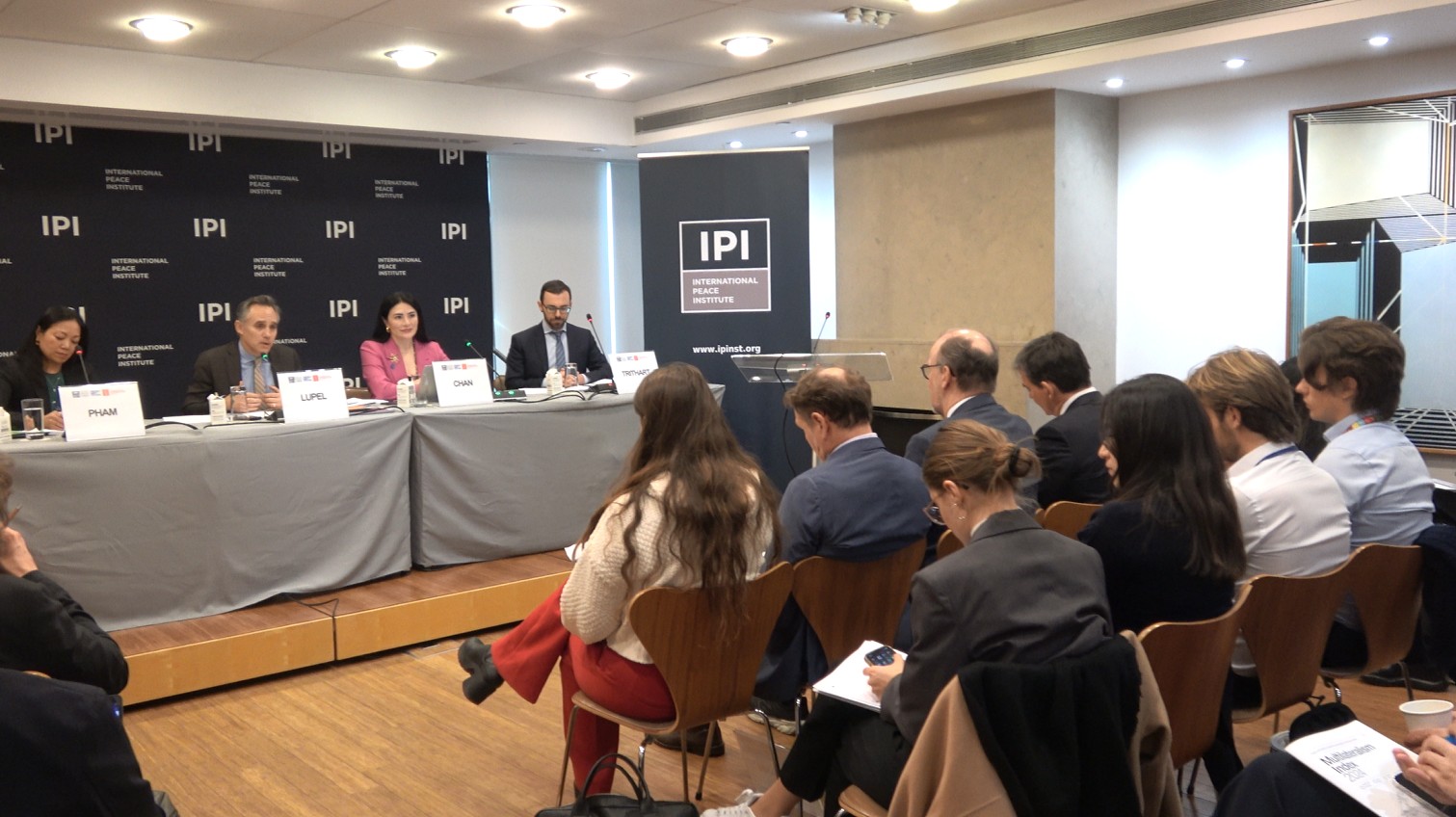
On October 17, 2024, through the joint efforts of the International Peace Institute (IPI) and the Institute for Economics and Peace (IEP), the second edition of the **Multilateralism Index** was released. This index not only provides comprehensive data on multilateral cooperation over the past decade but also profoundly reveals the challenges and opportunities facing the current global multilateral system. In my view, this release event is not only a presentation of data but also a forward-looking reflection on the future of global multilateralism.。
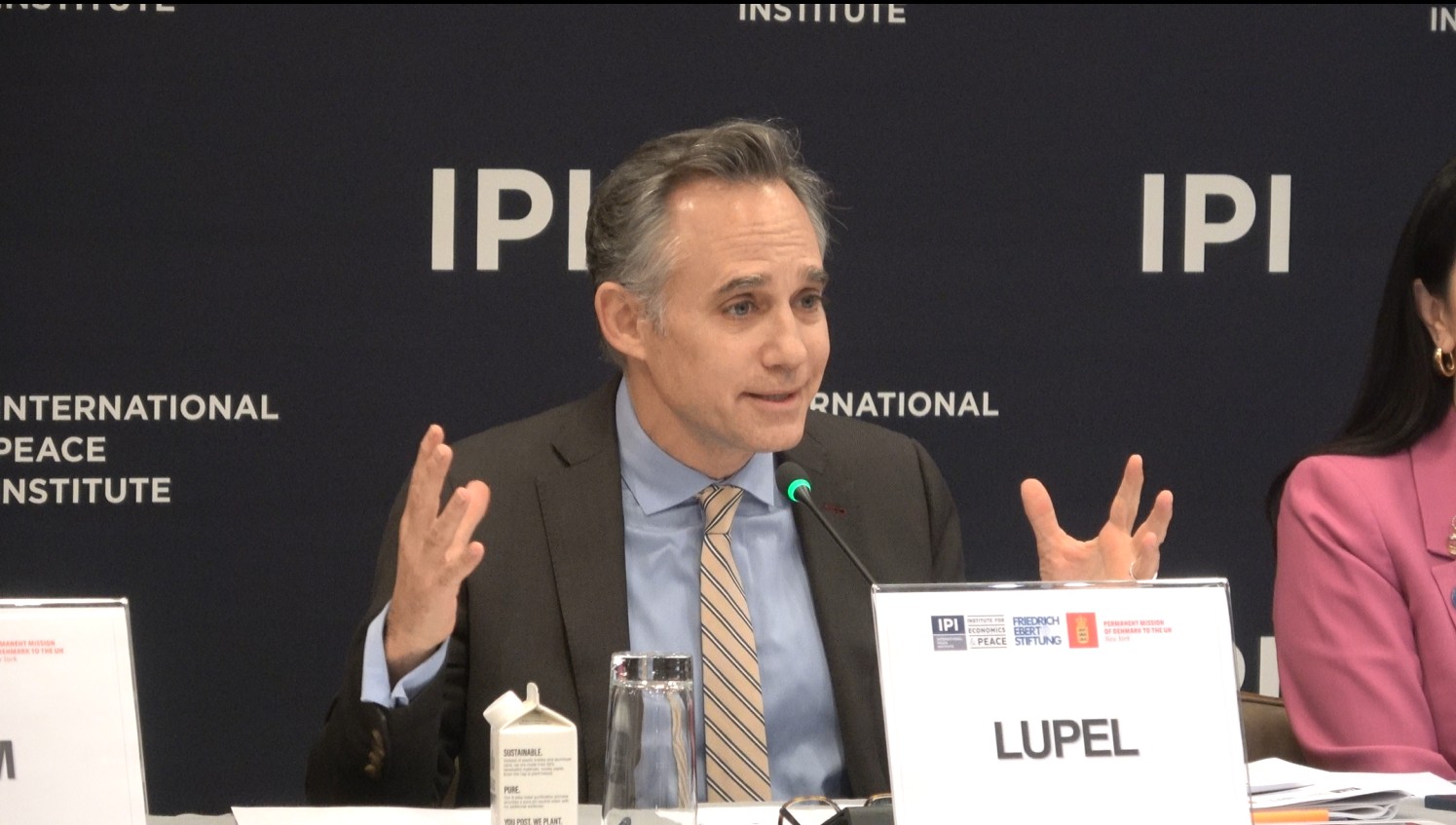
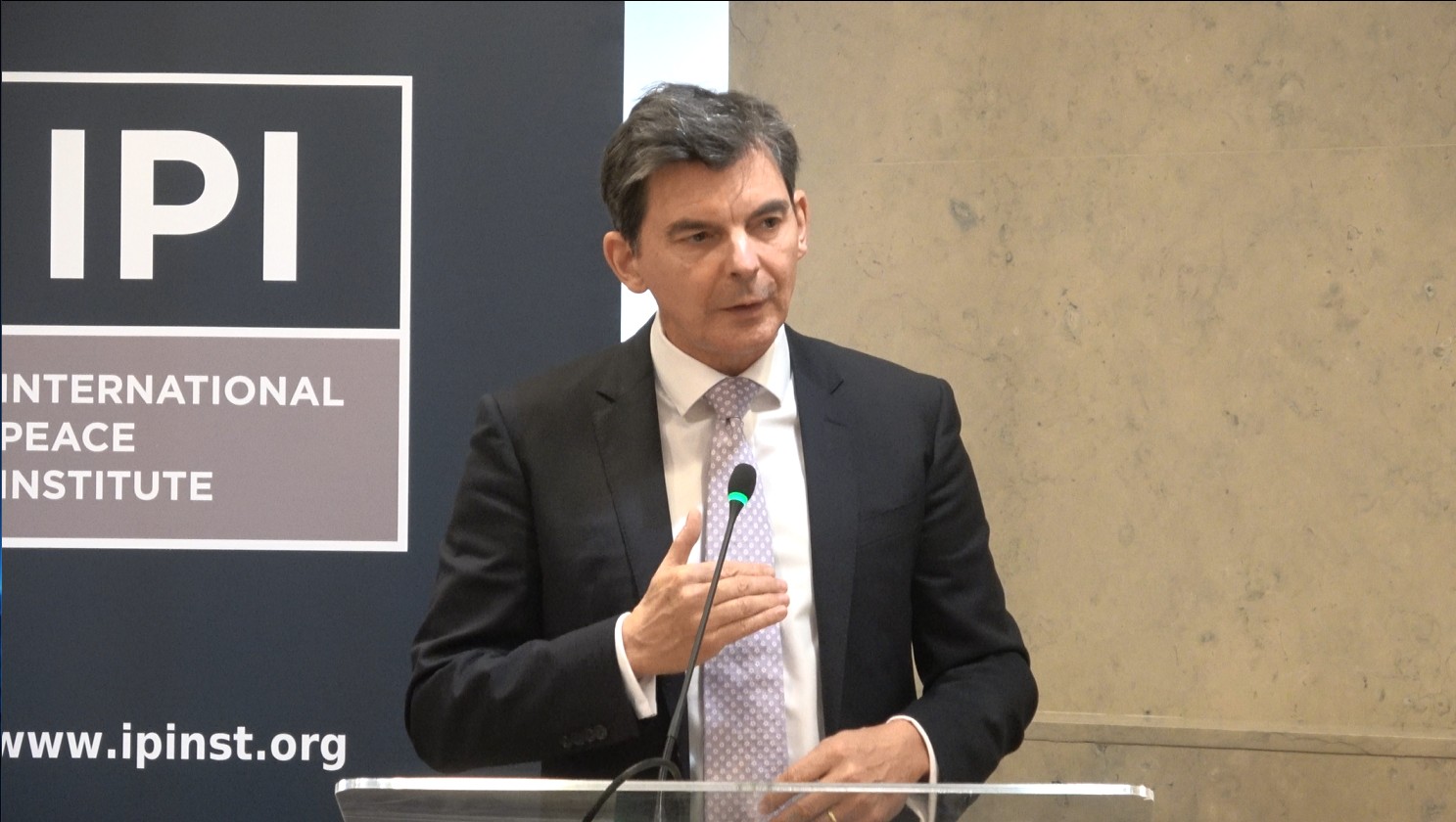
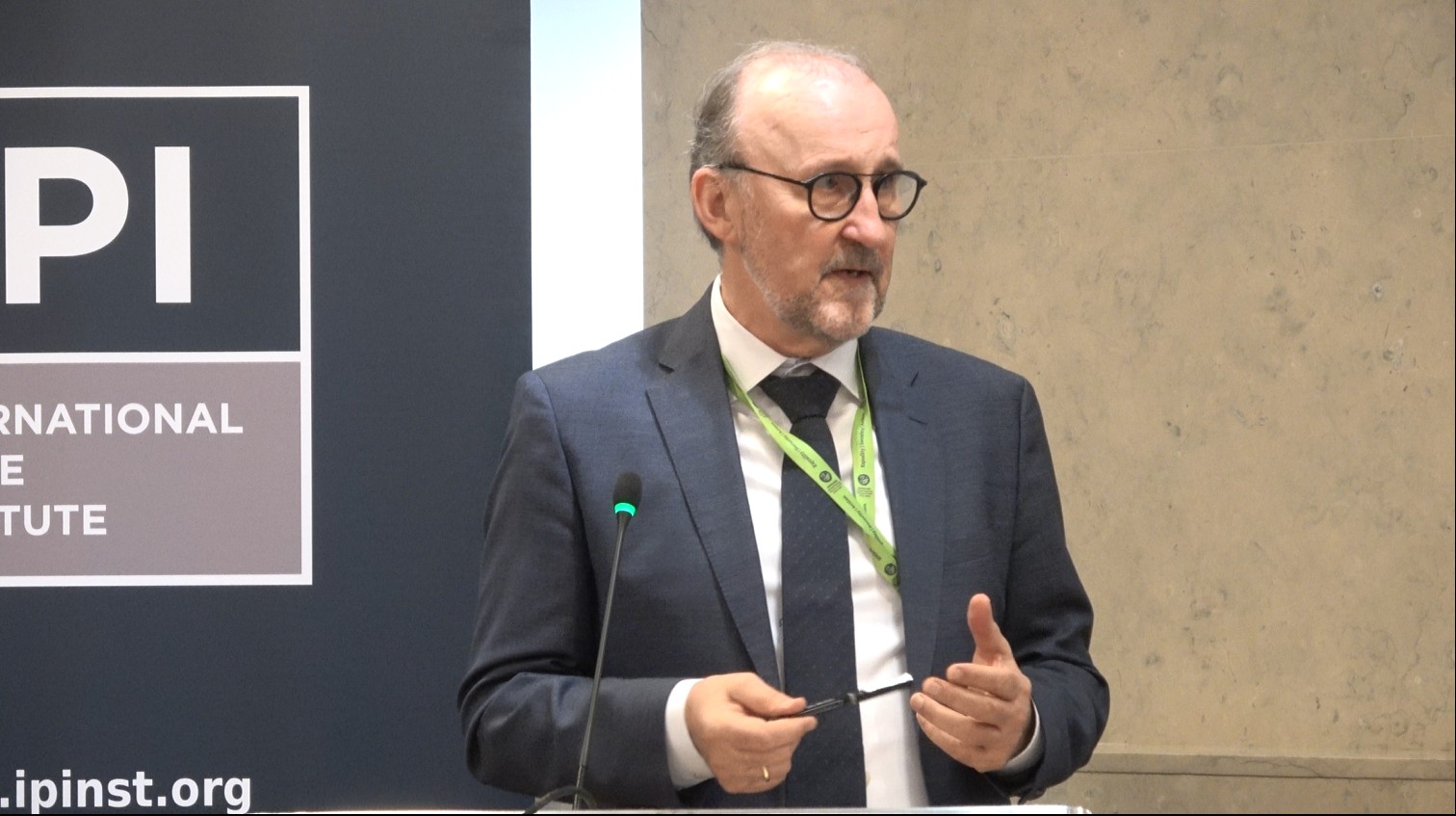
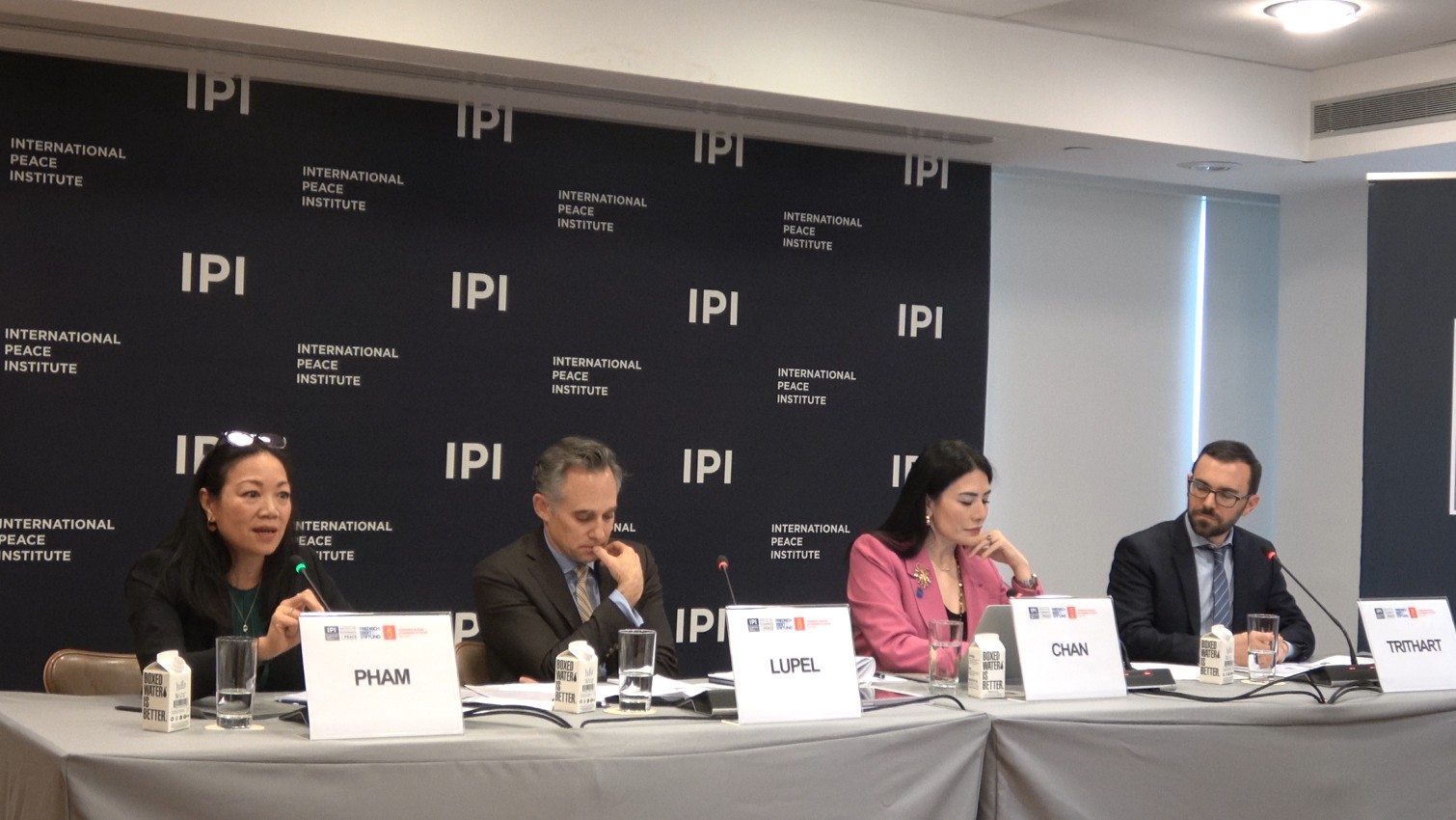
The Decline in Multilateral System Performance: Crisis in Peace and SecurityOne of the most striking aspects of the Multilateralism Index** is its revelation of the significant setbacks in the global multilateral system, particularly in the area of peace and security. With the increase in global conflicts and rising death tolls in recent years, the role of the United Nations Security Council has come under growing scrutiny. As Costa Rican Ambassador to the UN, Maritza Chan, pointed out, the paralysis of the Security Council on many critical issues, especially the frequent use of veto power by major powers, has led to a decline in the system’s effectiveness. Through the data presented in this index, the world can clearly see that multilateral cooperation in maintaining peace and security is facing unprecedented challenges.
However, it is noteworthy that despite these challenges, member states have not abandoned multilateralism. Danish Deputy Permanent Representative to the UN, Ambassador Erik Larsen, highlighted that the increasing level of engagement shows that countries are still willing to invest resources and energy in addressing global issues. This contradictory trend is worth our deep reflection: while performance is declining, engagement is rising, indicating that nations still see hope within the multilateral system.
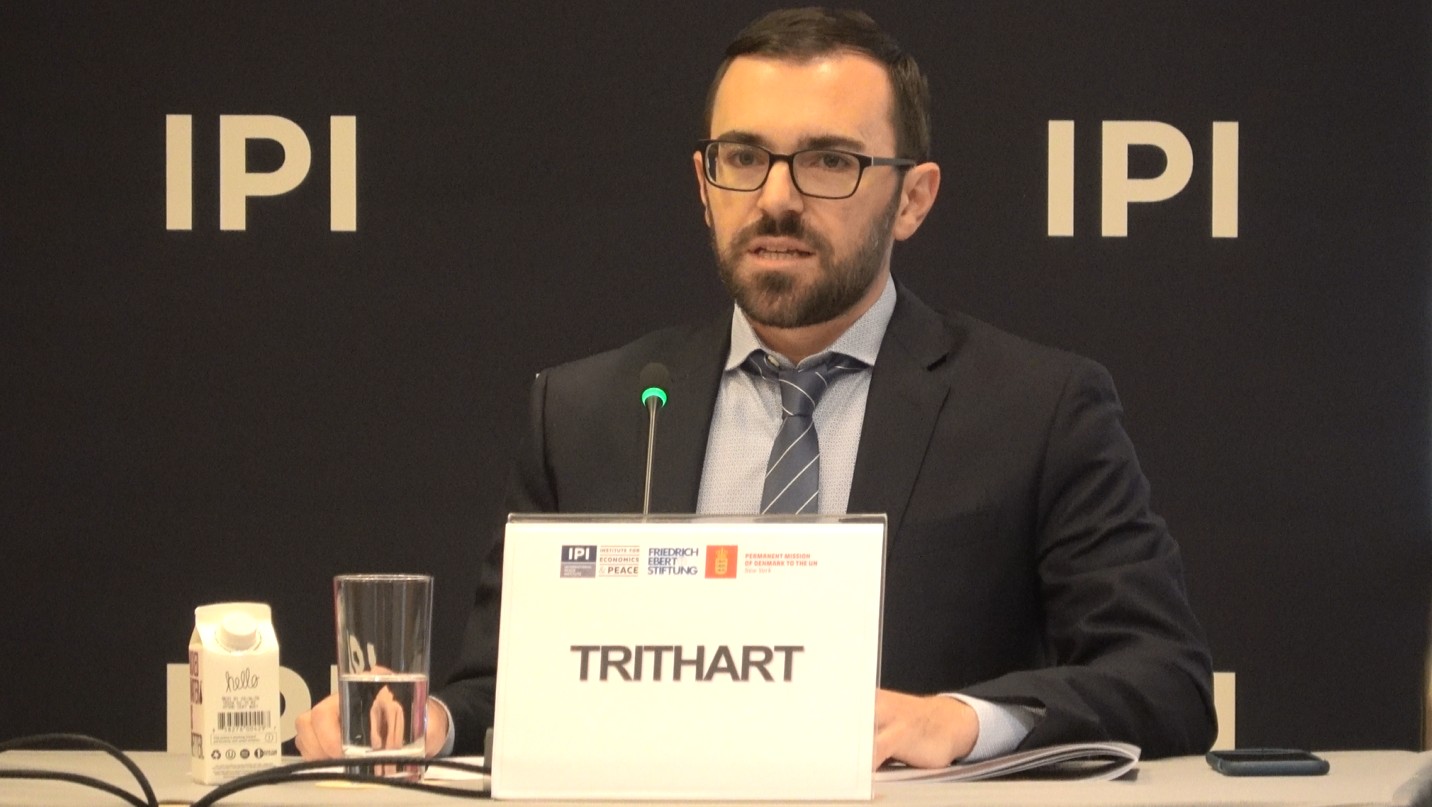
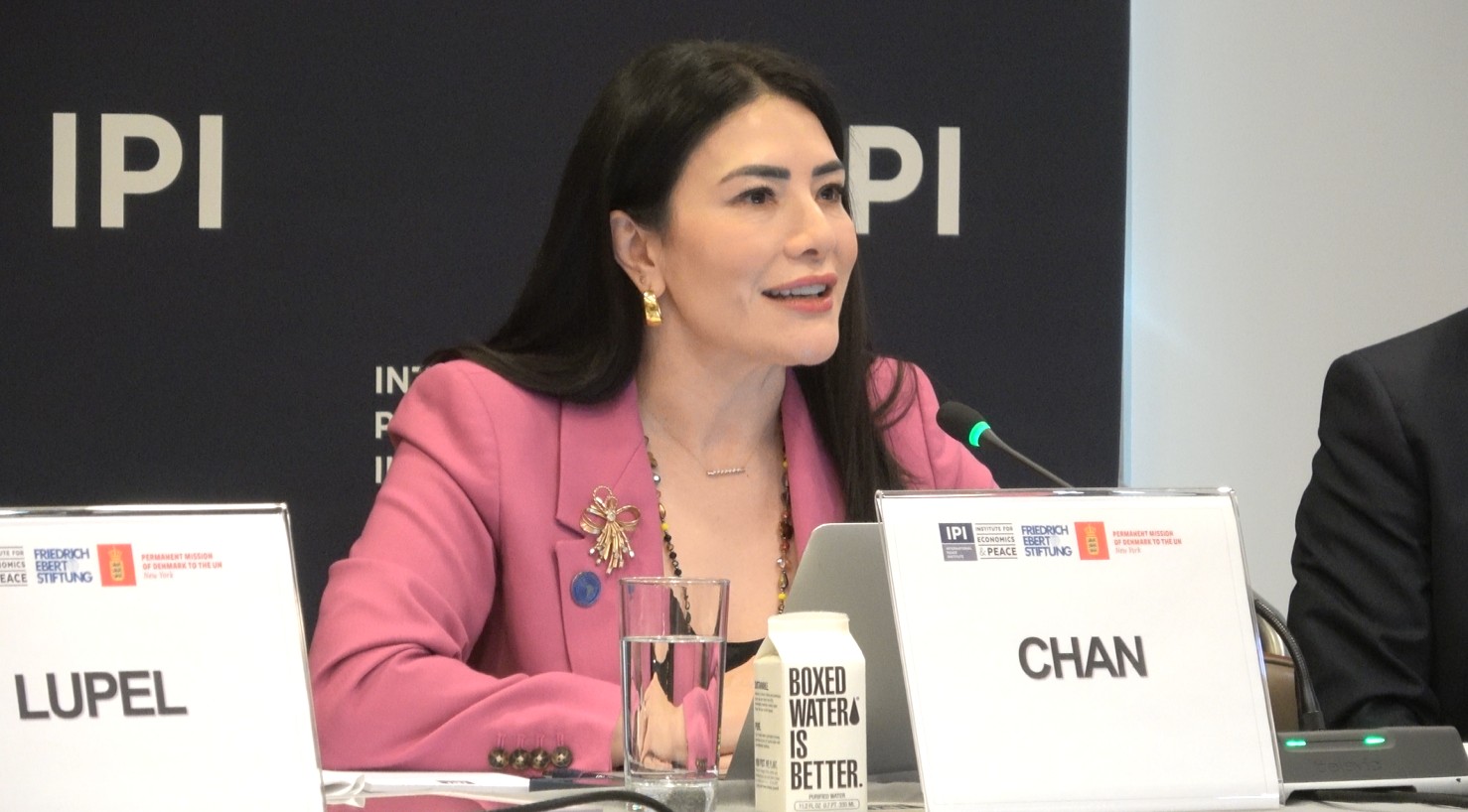
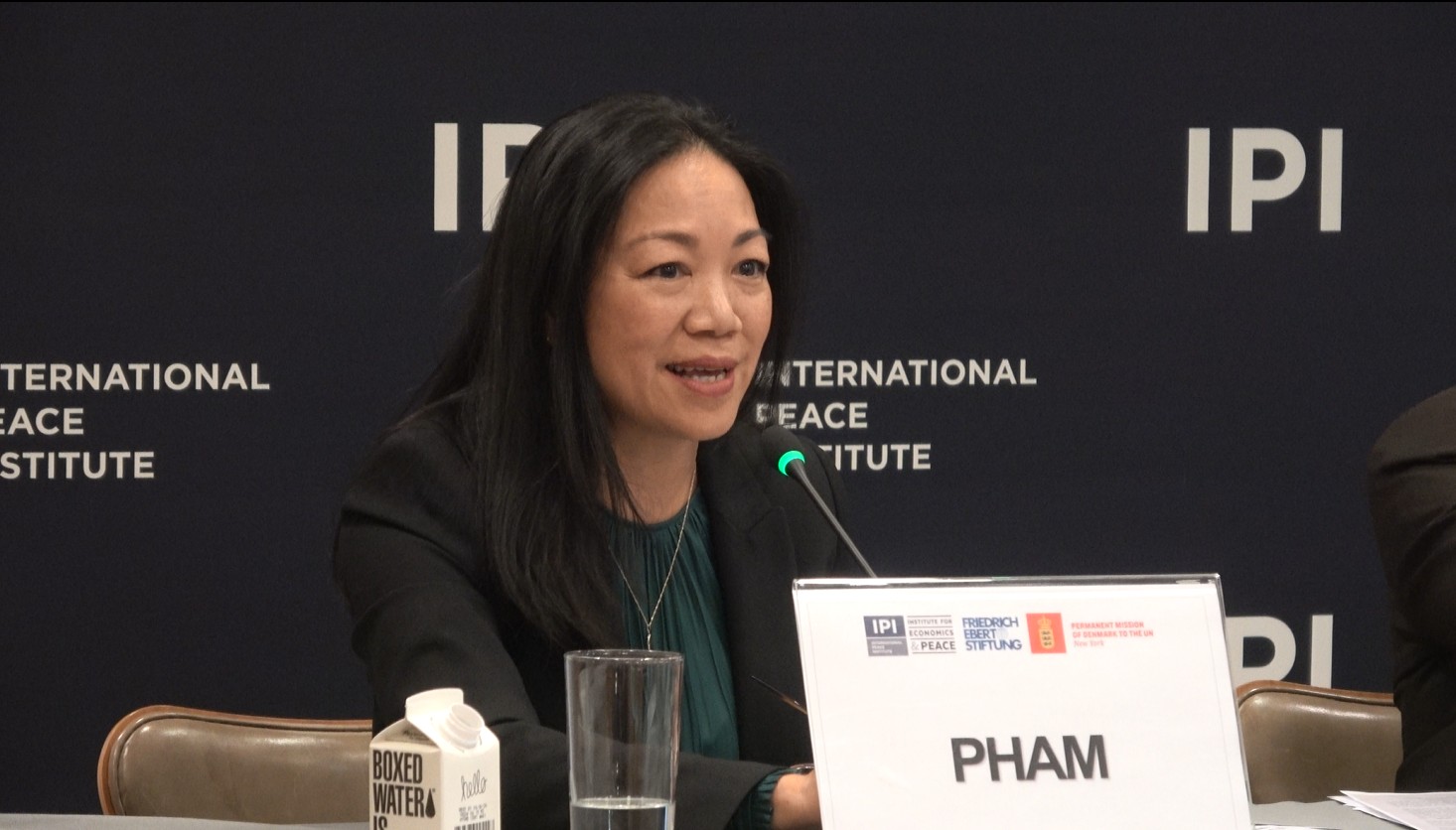
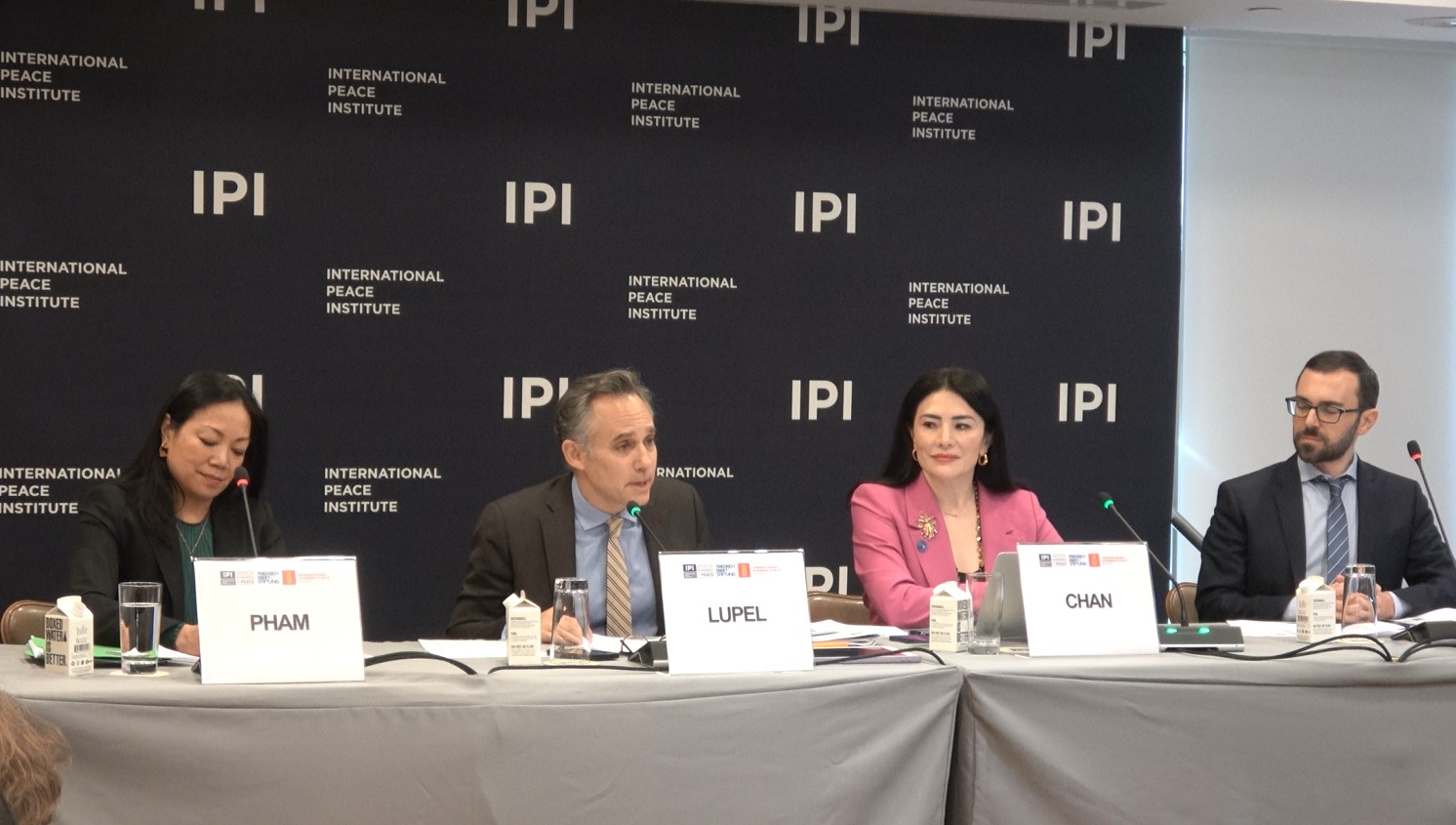
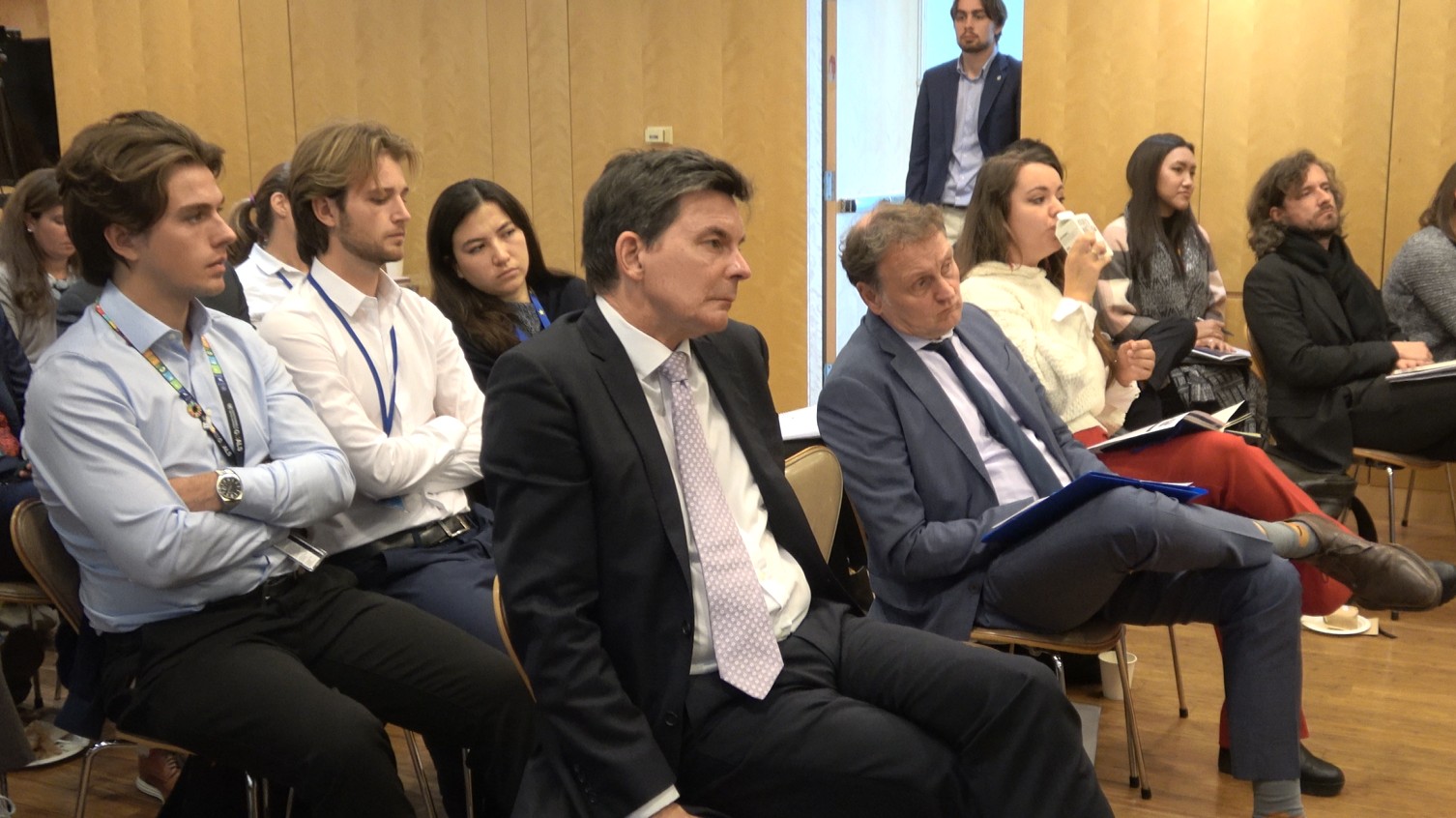
The Hope of Multilateral Cooperation: Growth in Participation and InclusivityDespite concerning performance trends, the **Multilateralism Index** also presents a promising aspect—the increasing participation and inclusivity within the multilateral system. The role of Global South countries in international affairs has become increasingly significant; they are no longer passive participants but key drivers of multilateral cooperation. In recent years, Global South nations have played pivotal roles in shaping major international agreements on critical issues such as climate change, global tax cooperation, and plastic pollution.
This growth in participation is not limited to the national level. As Albert Tritthart remarked during the release event, the involvement of non-governmental organizations (NGOs) and female representatives has also increased significantly. Women are taking on more leadership roles within the United Nations system. Although there is still a gap to achieve true gender equality, this trend undoubtedly brings new energy to the multilateral system.
What is particularly encouraging is that, despite the complex and ever-changing global landscape, the voices of youth and women are becoming more prominent in global governance. As Ambassador Maritza Chan emphasized, young people worldwide are not merely observers—they should play a more crucial role in decision-making processes. In the future, as more diverse voices enter the multilateral system, global cooperation will become more inclusive and representative.
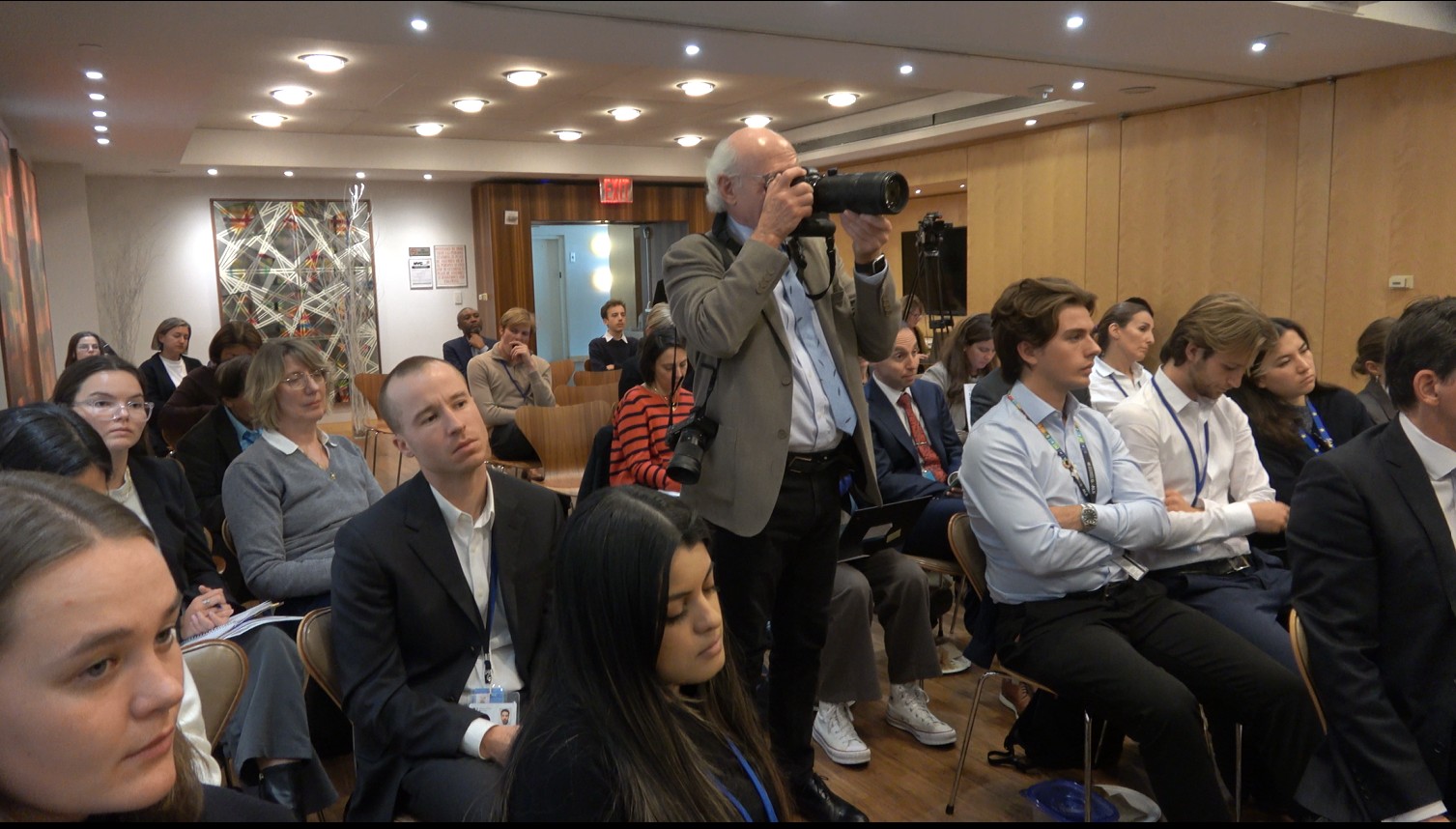
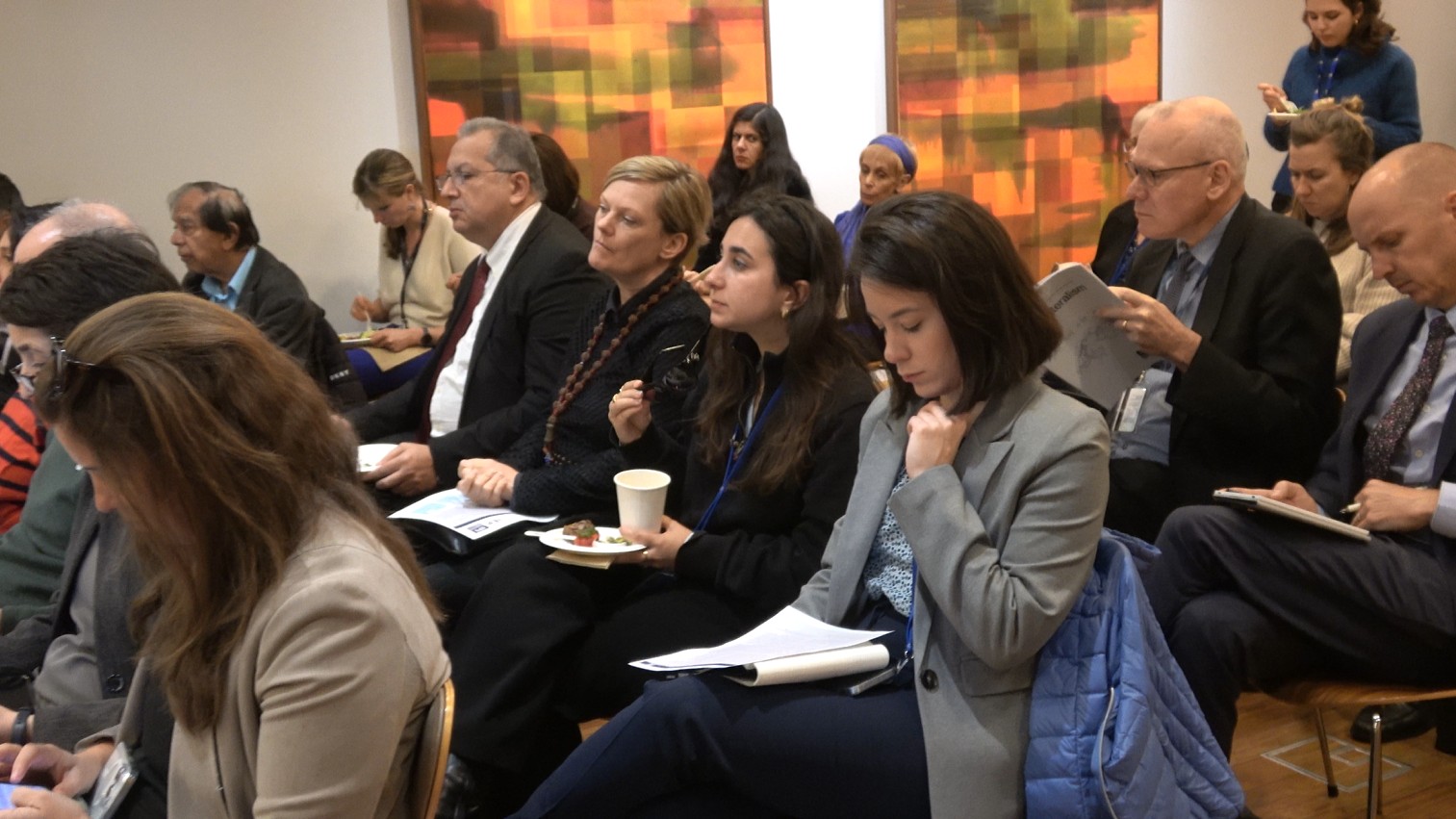
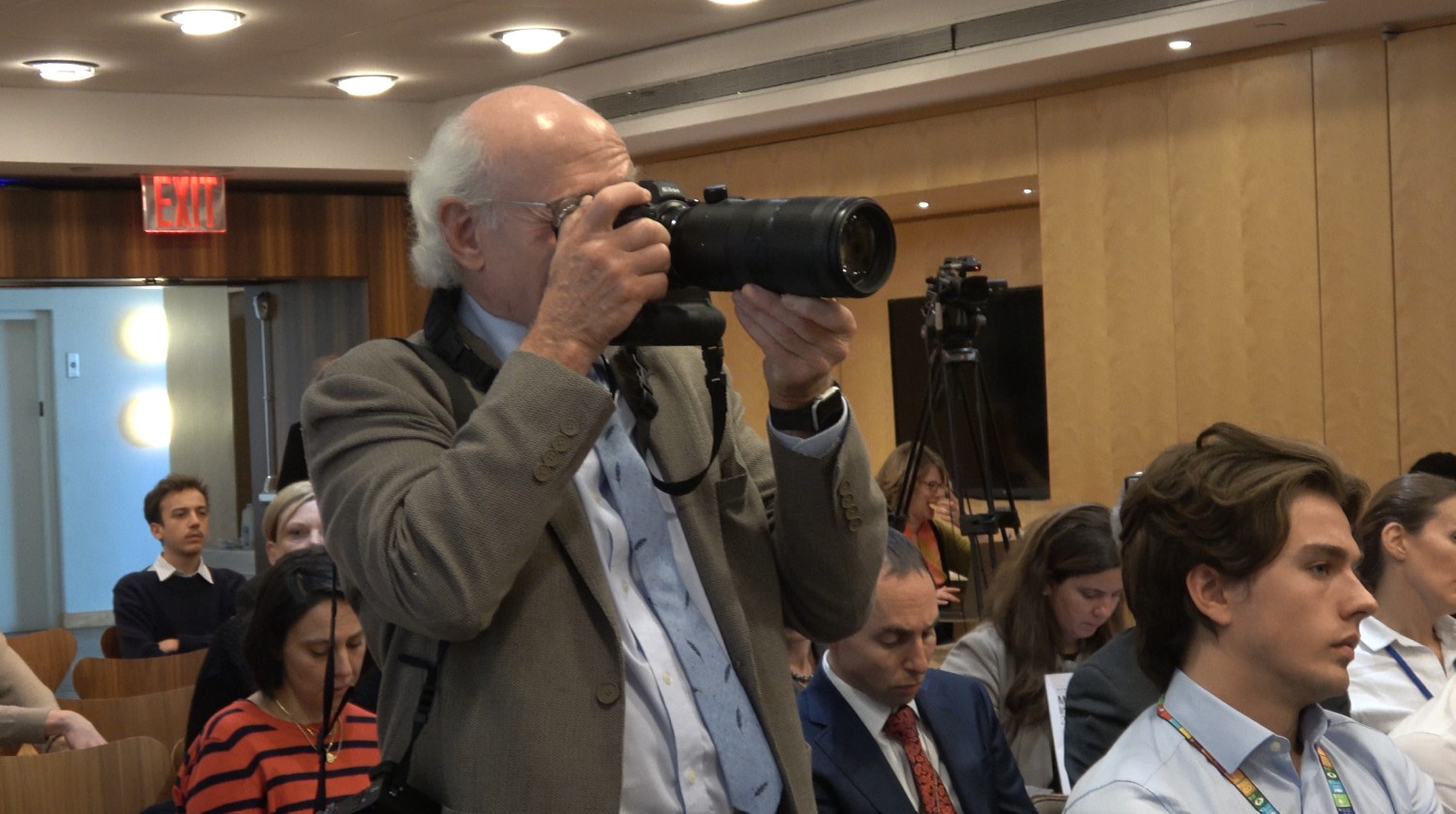
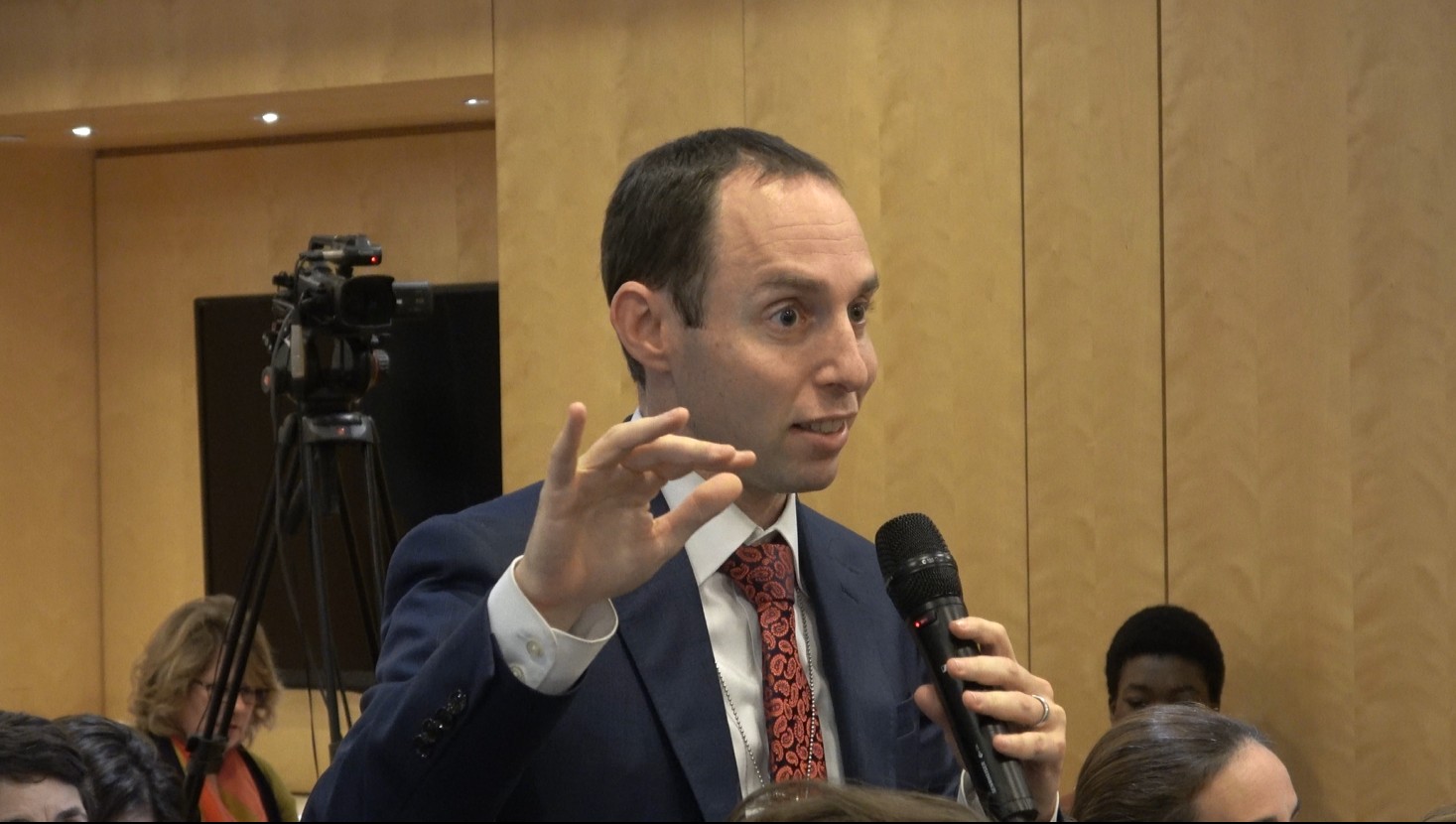
Leadership in Crisis: The Key to the FutureThe release of the **Multilateralism Index** reveals that the global multilateral system is not entirely in crisis, but rather that leadership is facing significant challenges. As Ambassador Maritza Chan remarked, "What we face today is not a crisis of the multilateral system, but a crisis of leadership." She emphasized that the future success or failure of the multilateral system will hinge on whether leaders emerge who possess vision, integrity, and a genuine commitment to cooperation.
Representatives from countries such as Australia and Denmark echoed similar sentiments. The success of the multilateral system depends not only on the participation of nations but also on how their leaders navigate the complexities of the global landscape. This leadership must go beyond diplomatic negotiations; it requires profound institutional reforms both at the national level and within international organizations to address the major challenges facing the world today.
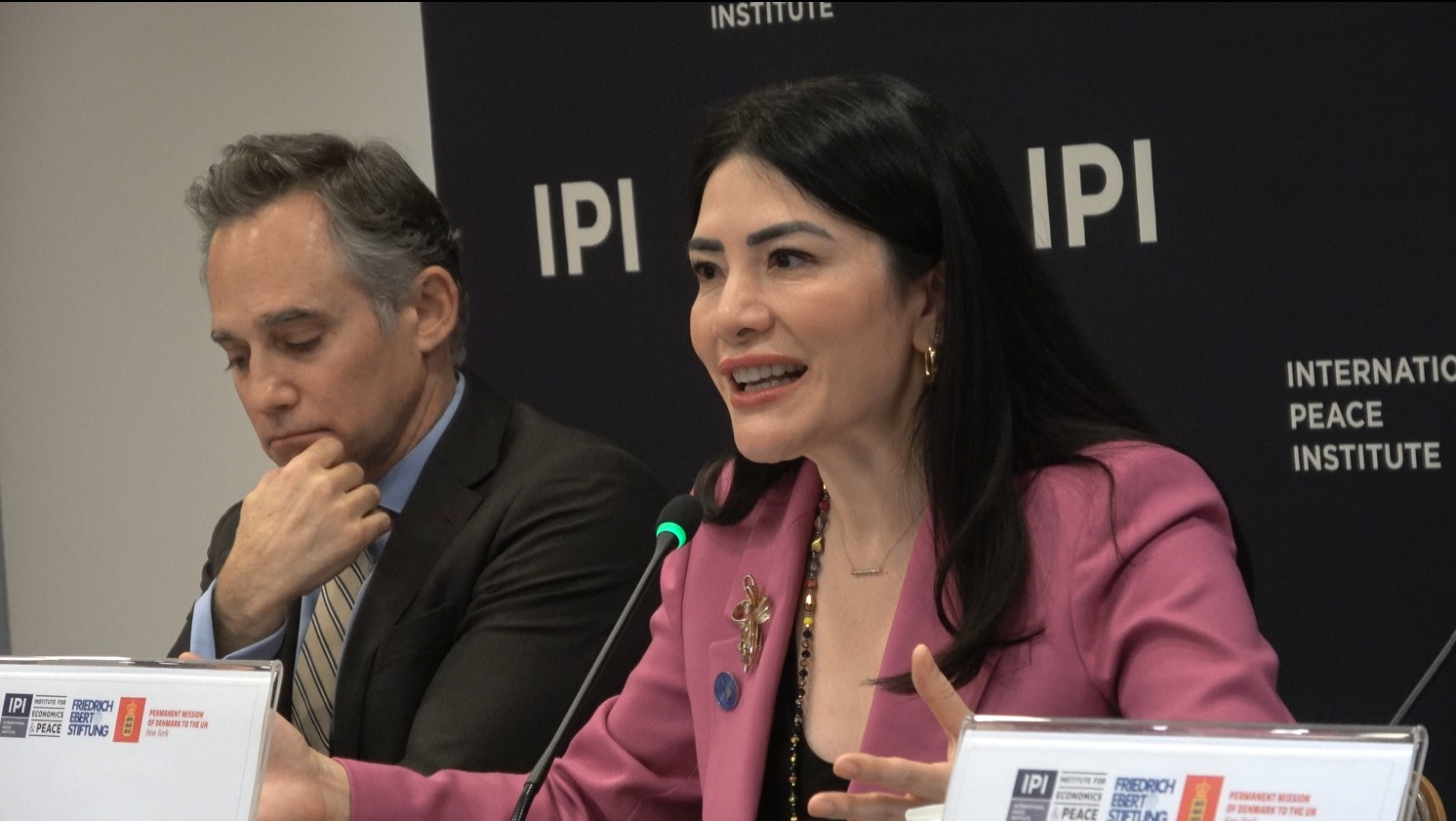
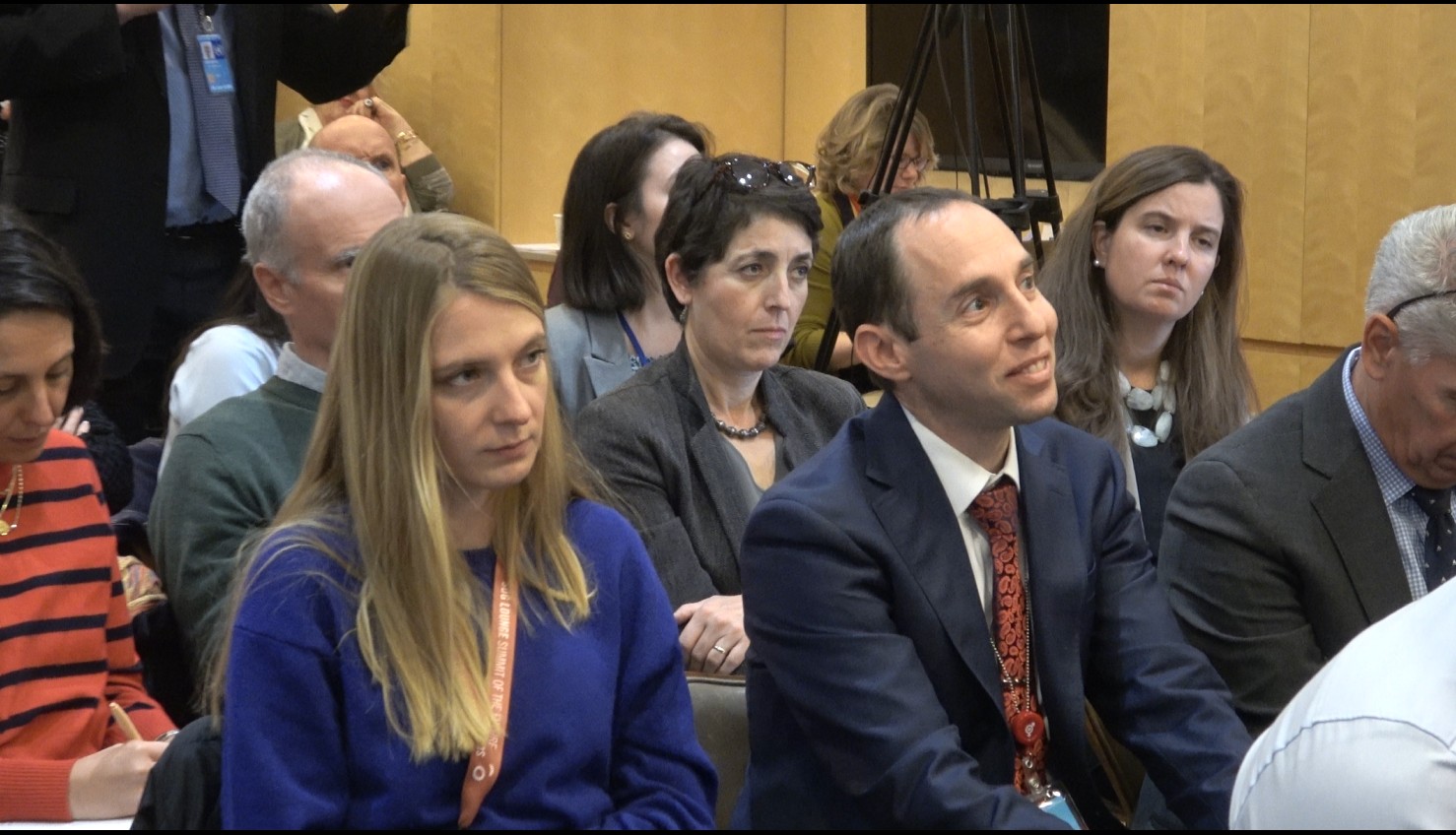

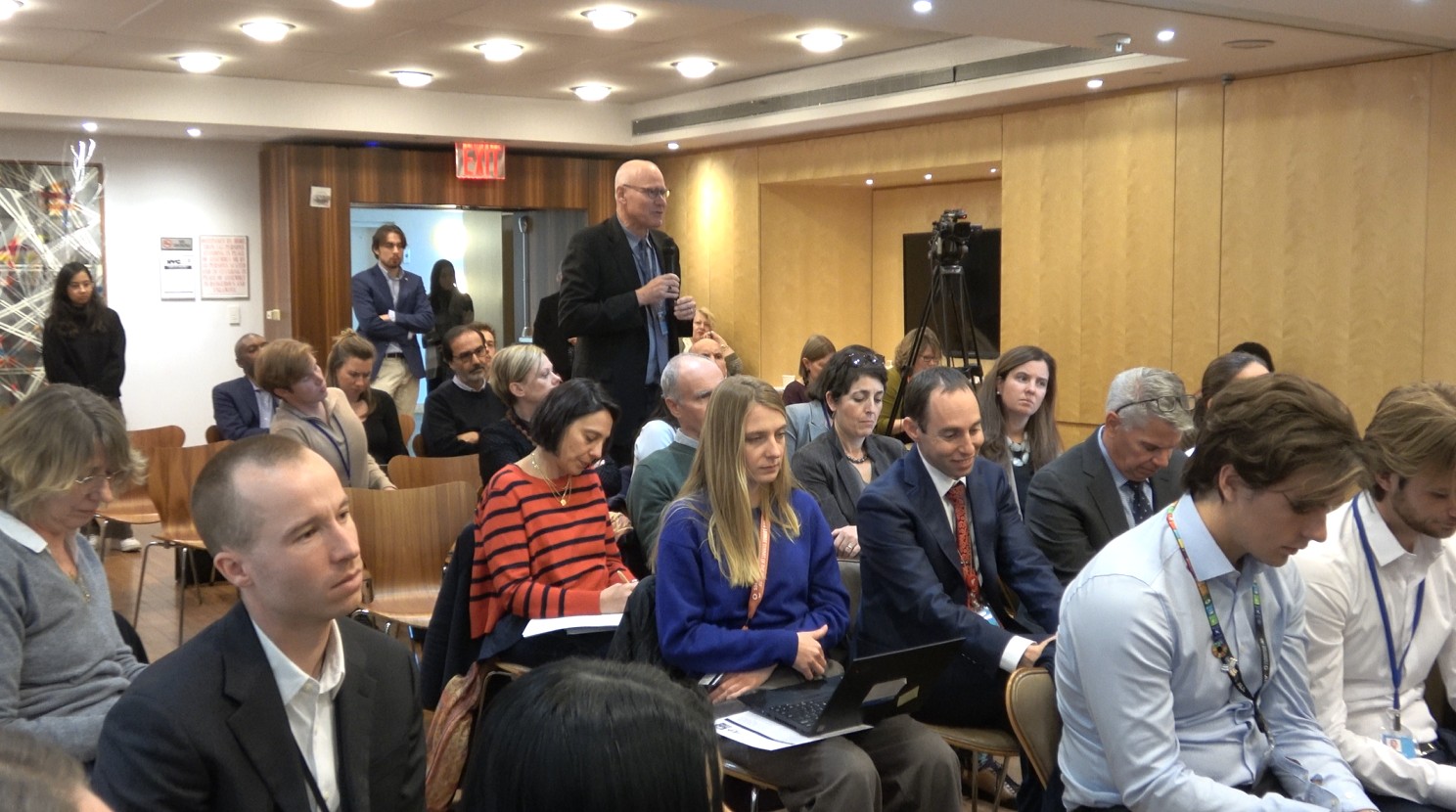
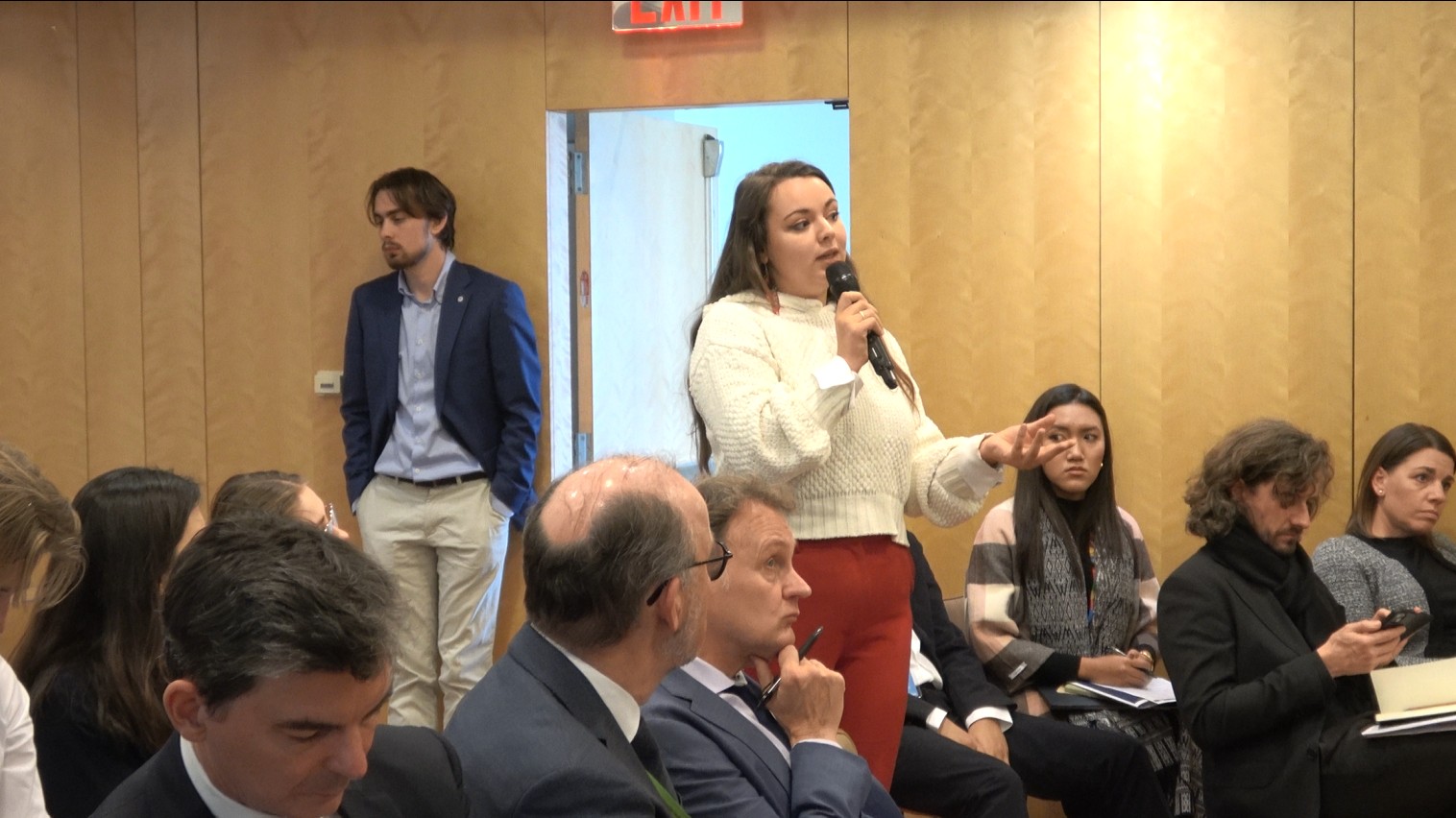
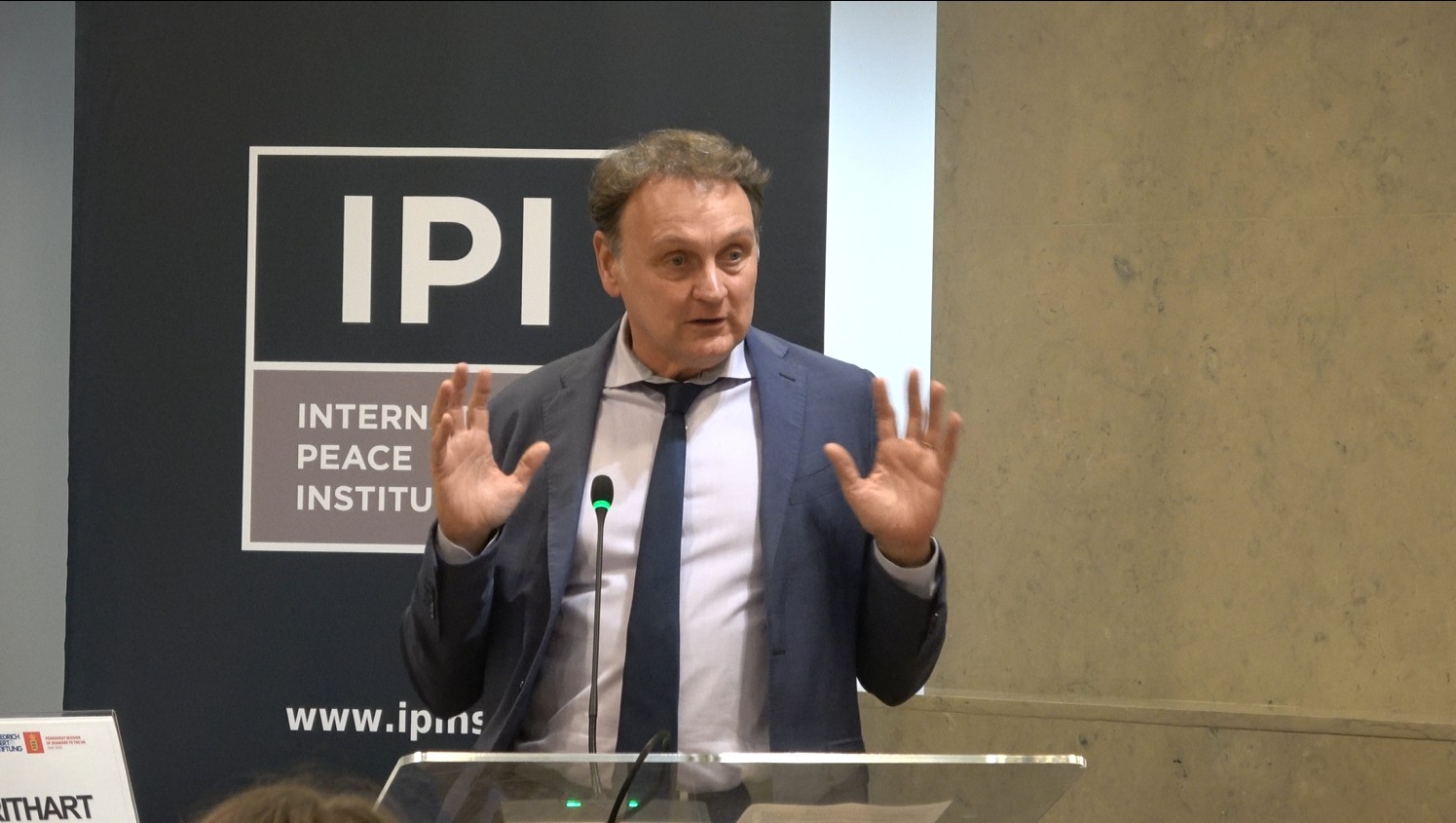
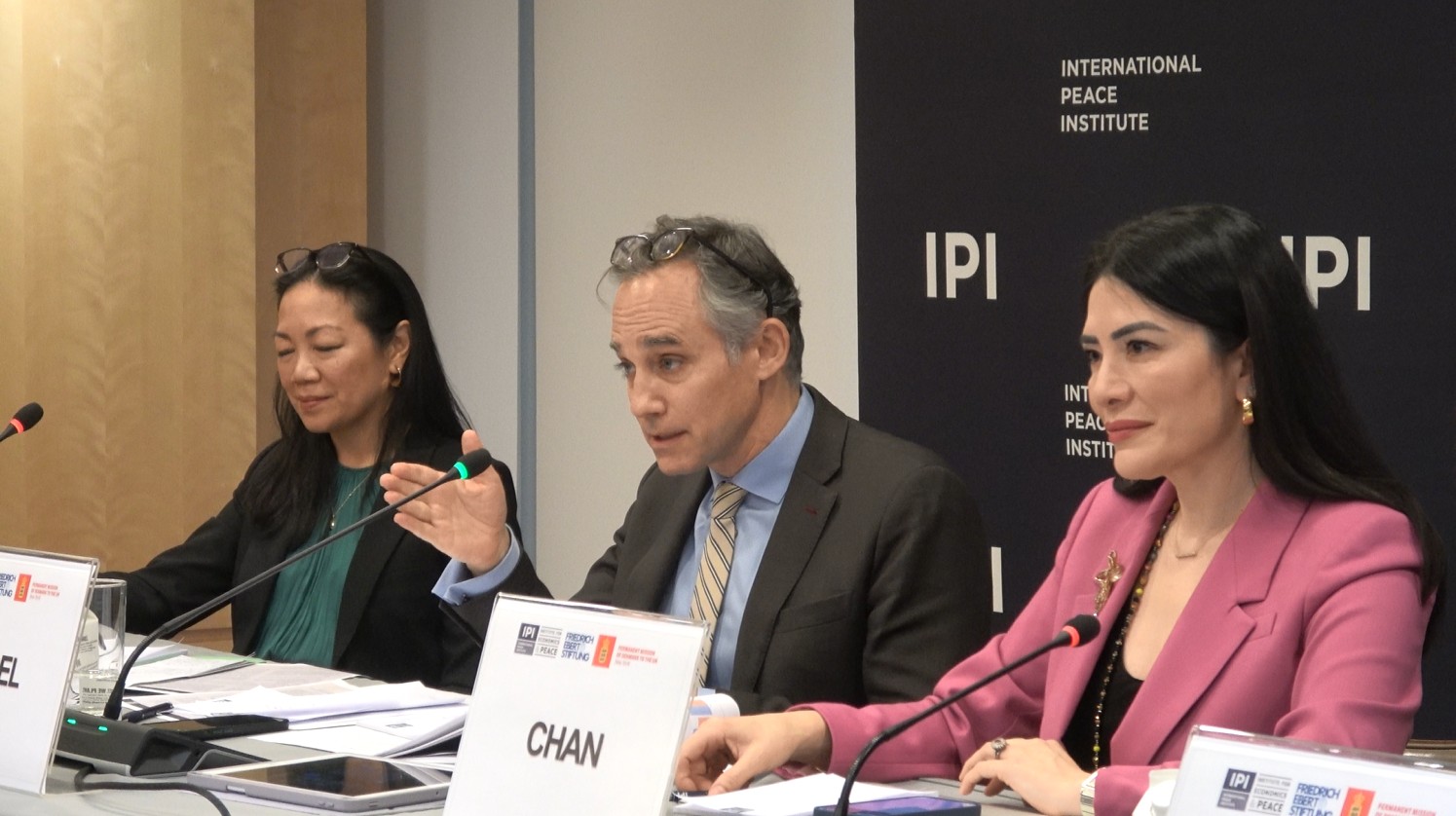
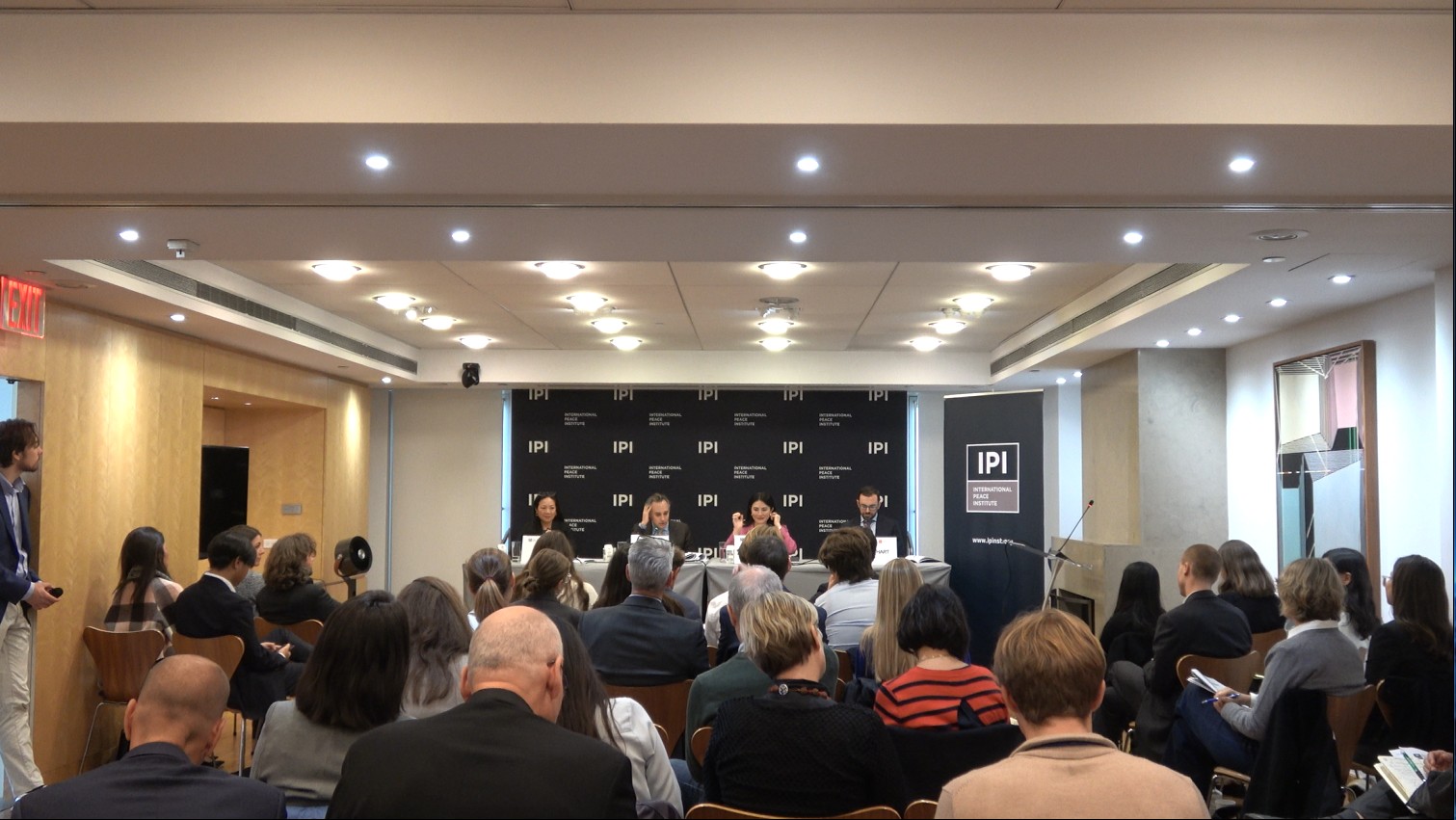
We have 113 guests and no members online